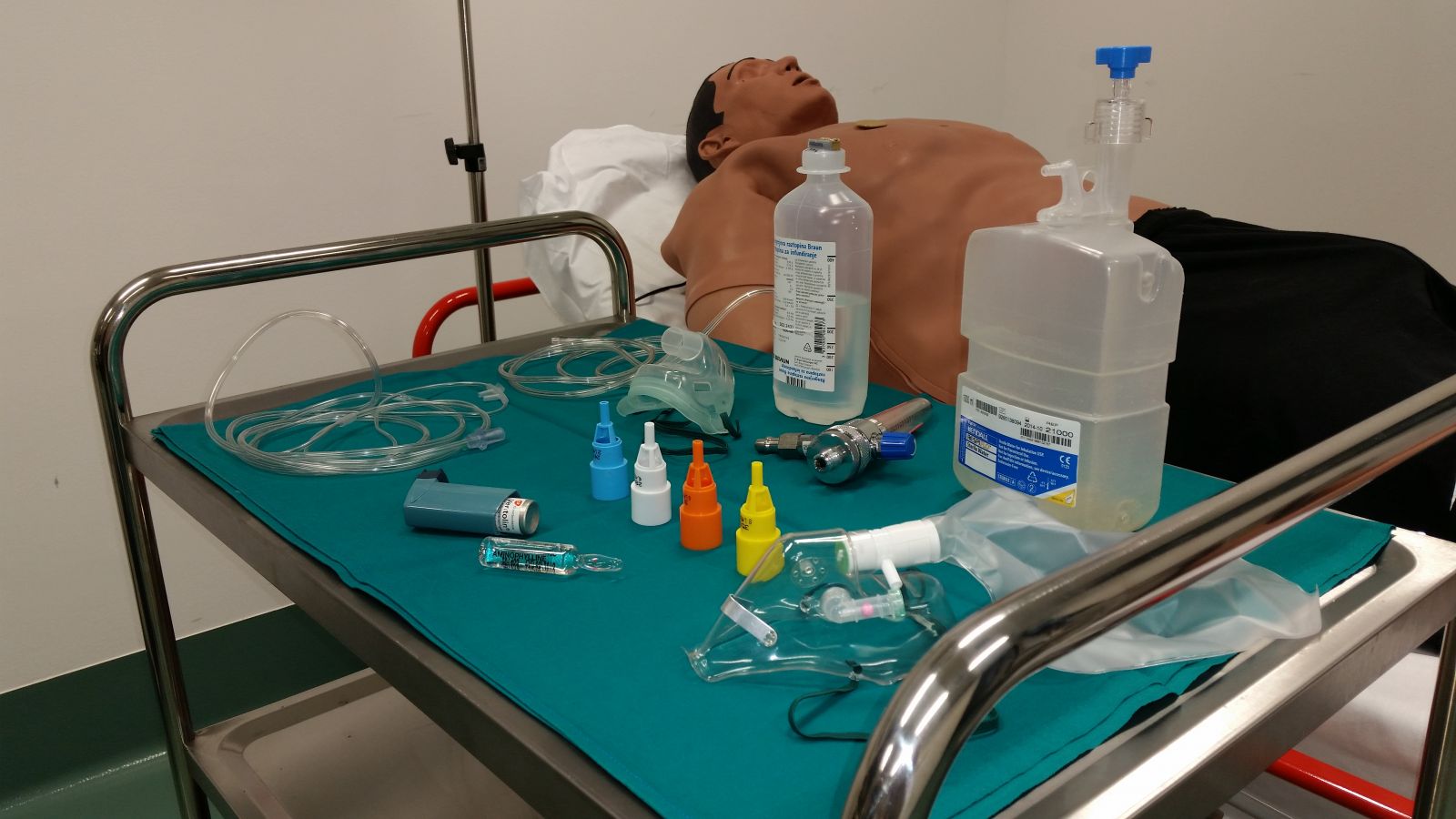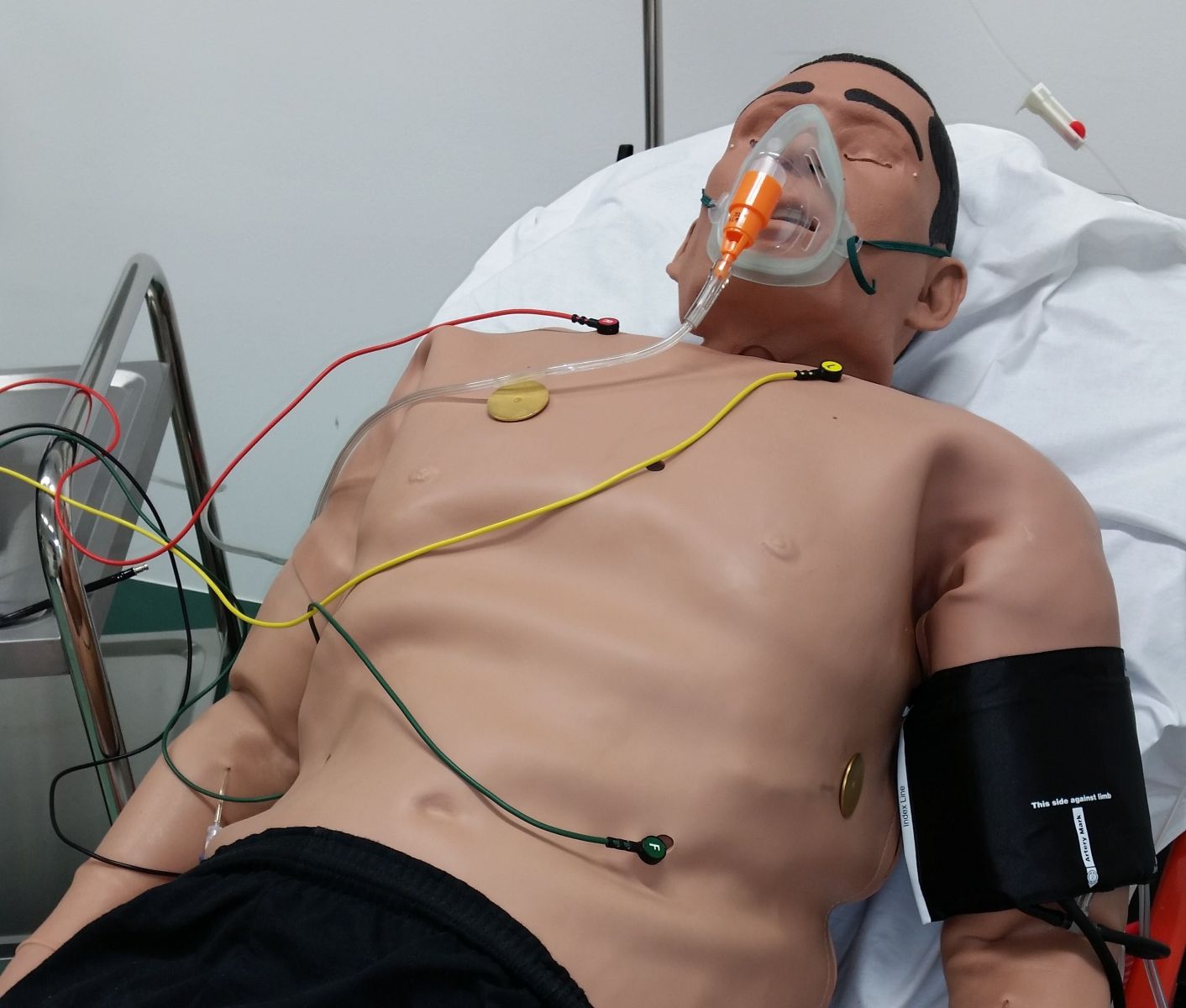
 |
Title
Does education on communication skills improve efficacy of acute medical condition management?

Theme
9AA Teaching and assessing communication skills

Background
Simulation scenarios focused on improving teamwork have been recognized as one of the mechanisms to improve patient safety.
The aim of our study was to assess students’ efficacy in management of acute medical condition depending on their knowledge on team communication skills.
Summary of Work
We prepared clinical scenario of acute deterioration of chronic obstructive pulmonary disease (COPD) using iStan patient simulator. 18 year-6 medical students randomly divided into six groups were included. A lesson about communication in medical team (use of Situation Background Assessment Recommendation (SBAR), Closed loops communication approach, importance of being a leader/follower) were given to three groups only. We analyzed five steps (correct patient position, adequate oxygen supply, use of salbutamol nebulizer therapy, aminophylline administration, decision about hospitalization) in management of COPD and measured time groups needed to complete the scenario. We compared the results between groups with and without a lesson about communication.

Take-home Messages
Education on communication skills in management of acute medical condition should be encouraged in order to improve medical students’ communication and clinical competence.
Summary of Results
The groups without communication lessons achieved 66.7% points on average (G1:73.3%, G2:73.3%, G3:53.3%) in comparison to average of 75.6% points achieved by groups with education on communication skills (G4:73.3%, G5:60%, G6:93.3%). All groups that were given the lecture about communication completed the scenario faster (G1:22min42sec, G2:25min26sec, G3:26min25sec, G4:15min5sec, G5:7min39sec, G6:13min5sec).

Conclusion
The groups that received additional education managed simulated clinical scenario more efficiently and needed less time to complete the task. Better communication skills enabled students to work as a more organized team.
